Albanian PM and prosecutor fight corruption – and each other
Tirana's efforts to curb corruption are thwarted by the government's feud with the prosecutor.
Tuesday, 30.10.2007.
10:14

Tirana's efforts to curb corruption are thwarted by the government's feud with the prosecutor. A parliamentary commission controlled by the Democratic Party of Prime Minister Sali Berisha initiated last week a fresh procedure to remove from office Prosecutor-General Theodhori Sollaku whom the government blames for the lack of results in the war against corruption. Albanian PM and prosecutor fight corruption – and each other The latest move by Berisha comes after recent arrests on charges of corruption of several of high-ranking officials initiated by the general prosecutor. Most of the officials arrested were members of the PDK, a minor partner in the coalition, headed by Berisha's Democratic Party, PD. While the government and the prosecutor continue the battle that has lasted for two years now, most observers criticize both sides saying their moves have been politically motivated. They also say the ongoing conflict between Berisha and Sollaku, is a serious setback for efforts to curb graft. Prime Minister Berisha has been locked in a so-far unsuccessful battle to remove Prosecutor-General Sollaku, whom he has accused of having ties with organized crime and of failing to pursue corruption cases. Sollaku has denied all allegations against him and said the attempt to remove him was proof the government wants control over the judiciary. It was Berisha who proposed Sollaku for the job when his Democratic Party was in opposition in 2002. A former adviser to Berisha when he was president, Sollaku has been at odds with his former boss since 2005. Berisha has been accusing the general prosecutor of not acting against corrupt officials of the former socialist led government. The center-right coalition led by Berisha first established a parliamentary investigative commission last year to try to remove Sollaku, but former President Alfred Moisiu refused to join forces with the government, insisting that the commission had not gathered sufficient evidence to justify the prosecutor-general's dismissal. After Bamir Topi, the PD's former deputy head, was elected President in July, Berisha and other leaders relaunched their campaign for Sollaku's removal. In what many see as a response to attempts to remove him, four weeks ago Sollaku ordered the arrests of Albania's deputy Minister of Transport, Nikolin Jaka, and a number of senior officials at his ministry. Four former officials of the state-owned energy company, Albpetrol, were detained in the city of Fier, south of Tirana, on charges of corruption and embezzlement. Jaka and the others arrested have denied the charges during their arraignment hearings. While many praised the arrest as a good move, others have warned they have been selective - and perhaps carried out to serve the interests of one side or the other in the dispute between the government and the prosecutor-general. Although analysts are divided whether the government or the prosecutor-general is to blame for the current situation, they agree the country has to tackle its endemic corruption problem; and the ongoing conflict is not helping. The head of the PDK, Nard Ndoka, who is the Minister of Health, has complained that the arrests have been politically motivated. Political analyst Mentor Nazarko suspects a political agenda behind the arrests. "Starting from some elements that characterized these arrests, like the political party that most of them belong to, it's clear there is a kind of political selectivity in the process", Nazarko says. Political analyst Henri Cili is of the opinion that the arrests have an underlying political significance. He points out that the government came to power by adopting as its main goal the fight against corruption, and now it is time to show some evidence that it is taking action. Cili argues that the best way for the government to demonstrate that it is taking the fight against graft seriously is to start from within its own ranks. Berisha's government has been wary of targeting prominent politicians from the previous, Socialist-led administration, fearing that this would be portrayed as part of a political vendetta. Berisha was severely criticized at home and abroad during his presidency in the 1990s, not least because the Socialist opposition leader and ex-Prime Minister, Fatos Nano, had been put behind bars on charges of embezzlement. In today's very different conditions, Cili doubts that the fight against corruption will gather momentum, because of a lack of agreement among the coalition parties inside the administration. "There have always been arrests of deputy ministers in Albania. The government could not advance any further before the election of the president [in July 2007], because of the fragility of the coalition." The new "Clean Hands" operations that have netted allegedly corrupt officials echo the campaign slogan of the current coalition in the run-up to the July 2005 parliamentary elections in which it gained power. However, until recently the slogan remained little more than a rallying cry, because Berisha's government had not much to show in terms of what had been achieved in delivering on his main election pledge. The latest Transparency International report, TI, made public at the end of September, shows that Albania ranks last in the Balkans when it comes to the level of perceived corruption, and has made only a marginal 0.3 point improvement in the index last year. The government put the blame for this poor performance on the prosecutor-general. Mero Baze, the publisher of the pro-government daily Tema also blames the prosecutor-general`s office for the fact the fight against corruption is not targeted at the right level, as many officials in the administration feel immune. "I think the war against corruption is being stopped by a certain amount of bravado in the administration that is the result of the lack of action from the prosecutor's office", says Baze. Genc Caushi, the executive director of the Albanian Coalition against Corruption, also justifies the government’s move. "Corruption is a crime, and as such it must be punished", he stresses. "According to the latest Transparency International report, 93 per cent of Albanians view the justice system as corrupt. With such a high rate of corruption, punishment is unavoidable but not enough, because in the war against corruption all the structures of Albanian society should participate," adds Caushi. Nazarko says that the conflict between the government and the prosecutor-general's office is a setback in the war against corruption. "By unleashing an attack against the prosecutor's office, in a clear attempt to monopolize its control over it, this administration has to bear the responsibility, if the war against corruption is not progressing, as it should," says Nazarko. Cili strikes a more optimistic note. He thinks that the end of this conflict could lend a fresh impulse to the struggle against corruption in the system. "The resolution of the issue of the prosecutor-general is going to change the situation," he says. Others remain unconvinced. As the government's struggle to remove the prosecutor-general from office shows no signs of an early resolution, many Albanians wonder if their political class has matured enough to secure their European dreams.
Albanian PM and prosecutor fight corruption – and each other
The latest move by Berisha comes after recent arrests on charges of corruption of several of high-ranking officials initiated by the general prosecutor. Most of the officials arrested were members of the PDK, a minor partner in the coalition, headed by Berisha's Democratic Party, PD.While the government and the prosecutor continue the battle that has lasted for two years now, most observers criticize both sides saying their moves have been politically motivated. They also say the ongoing conflict between Berisha and Sollaku, is a serious setback for efforts to curb graft.
Prime Minister Berisha has been locked in a so-far unsuccessful battle to remove Prosecutor-General Sollaku, whom he has accused of having ties with organized crime and of failing to pursue corruption cases. Sollaku has denied all allegations against him and said the attempt to remove him was proof the government wants control over the judiciary.
It was Berisha who proposed Sollaku for the job when his Democratic Party was in opposition in 2002. A former adviser to Berisha when he was president, Sollaku has been at odds with his former boss since 2005. Berisha has been accusing the general prosecutor of not acting against corrupt officials of the former socialist led government.
The center-right coalition led by Berisha first established a parliamentary investigative commission last year to try to remove Sollaku, but former President Alfred Moisiu refused to join forces with the government, insisting that the commission had not gathered sufficient evidence to justify the prosecutor-general's dismissal.
After Bamir Topi, the PD's former deputy head, was elected President in July, Berisha and other leaders relaunched their campaign for Sollaku's removal.
In what many see as a response to attempts to remove him, four weeks ago Sollaku ordered the arrests of Albania's deputy Minister of Transport, Nikolin Jaka, and a number of senior officials at his ministry. Four former officials of the state-owned energy company, Albpetrol, were detained in the city of Fier, south of Tirana, on charges of corruption and embezzlement.
Jaka and the others arrested have denied the charges during their arraignment hearings.
While many praised the arrest as a good move, others have warned they have been selective - and perhaps carried out to serve the interests of one side or the other in the dispute between the government and the prosecutor-general.
Although analysts are divided whether the government or the prosecutor-general is to blame for the current situation, they agree the country has to tackle its endemic corruption problem; and the ongoing conflict is not helping.
The head of the PDK, Nard Ndoka, who is the Minister of Health, has complained that the arrests have been politically motivated.
Political analyst Mentor Nazarko suspects a political agenda behind the arrests. "Starting from some elements that characterized these arrests, like the political party that most of them belong to, it's clear there is a kind of political selectivity in the process", Nazarko says.
Political analyst Henri Cili is of the opinion that the arrests have an underlying political significance. He points out that the government came to power by adopting as its main goal the fight against corruption, and now it is time to show some evidence that it is taking action.
Cili argues that the best way for the government to demonstrate that it is taking the fight against graft seriously is to start from within its own ranks.
Berisha's government has been wary of targeting prominent politicians from the previous, Socialist-led administration, fearing that this would be portrayed as part of a political vendetta.
Berisha was severely criticized at home and abroad during his presidency in the 1990s, not least because the Socialist opposition leader and ex-Prime Minister, Fatos Nano, had been put behind bars on charges of embezzlement.
In today's very different conditions, Cili doubts that the fight against corruption will gather momentum, because of a lack of agreement among the coalition parties inside the administration.
"There have always been arrests of deputy ministers in Albania. The government could not advance any further before the election of the president [in July 2007], because of the fragility of the coalition."
The new "Clean Hands" operations that have netted allegedly corrupt officials echo the campaign slogan of the current coalition in the run-up to the July 2005 parliamentary elections in which it gained power.
However, until recently the slogan remained little more than a rallying cry, because Berisha's government had not much to show in terms of what had been achieved in delivering on his main election pledge.
The latest Transparency International report, TI, made public at the end of September, shows that Albania ranks last in the Balkans when it comes to the level of perceived corruption, and has made only a marginal 0.3 point improvement in the index last year. The government put the blame for this poor performance on the prosecutor-general.
Mero Baze, the publisher of the pro-government daily Tema also blames the prosecutor-general`s office for the fact the fight against corruption is not targeted at the right level, as many officials in the administration feel immune.
"I think the war against corruption is being stopped by a certain amount of bravado in the administration that is the result of the lack of action from the prosecutor's office", says Baze.
Genc Caushi, the executive director of the Albanian Coalition against Corruption, also justifies the government’s move.
"Corruption is a crime, and as such it must be punished", he stresses. "According to the latest Transparency International report, 93 per cent of Albanians view the justice system as corrupt. With such a high rate of corruption, punishment is unavoidable but not enough, because in the war against corruption all the structures of Albanian society should participate," adds Caushi.
Nazarko says that the conflict between the government and the prosecutor-general's office is a setback in the war against corruption.
"By unleashing an attack against the prosecutor's office, in a clear attempt to monopolize its control over it, this administration has to bear the responsibility, if the war against corruption is not progressing, as it should," says Nazarko.
Cili strikes a more optimistic note. He thinks that the end of this conflict could lend a fresh impulse to the struggle against corruption in the system.
"The resolution of the issue of the prosecutor-general is going to change the situation," he says.
Others remain unconvinced. As the government's struggle to remove the prosecutor-general from office shows no signs of an early resolution, many Albanians wonder if their political class has matured enough to secure their European dreams.





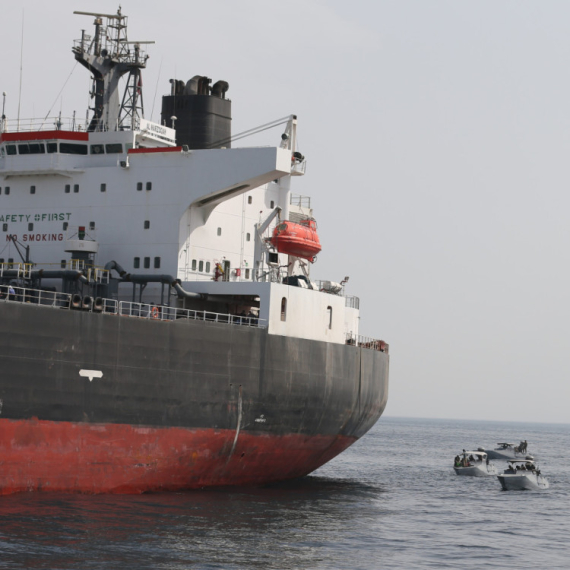




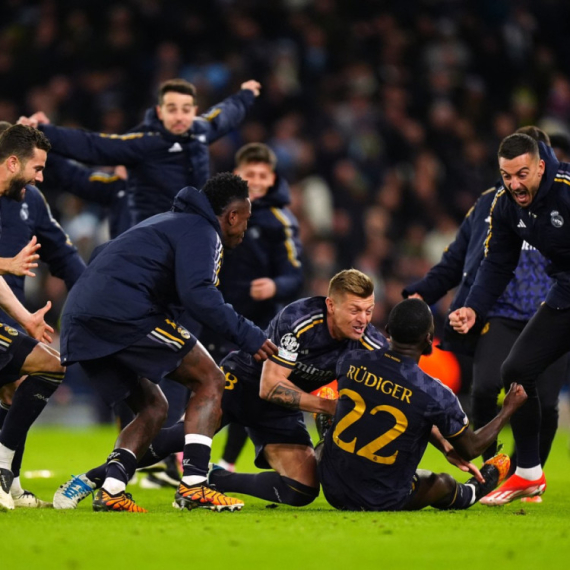

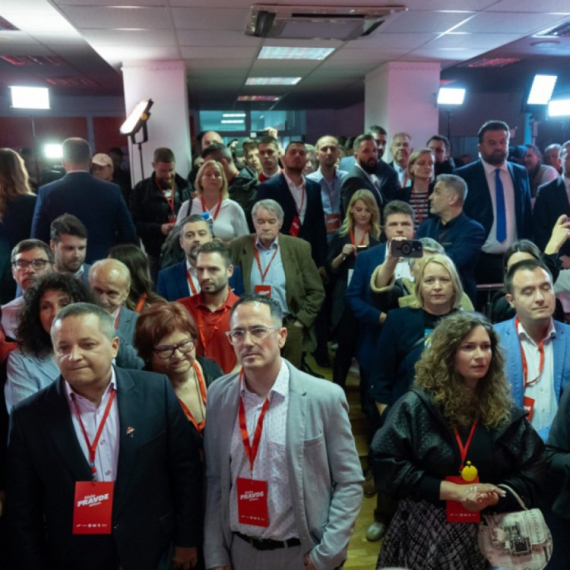

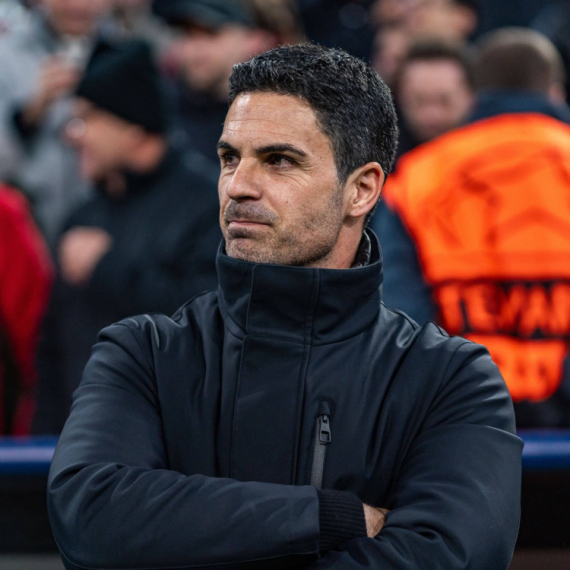
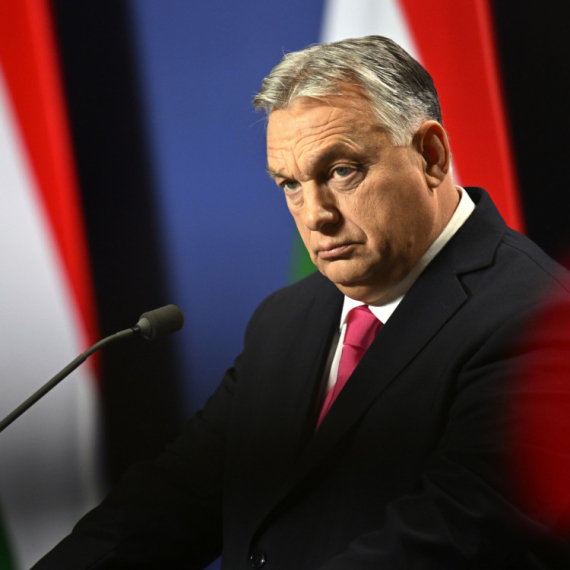
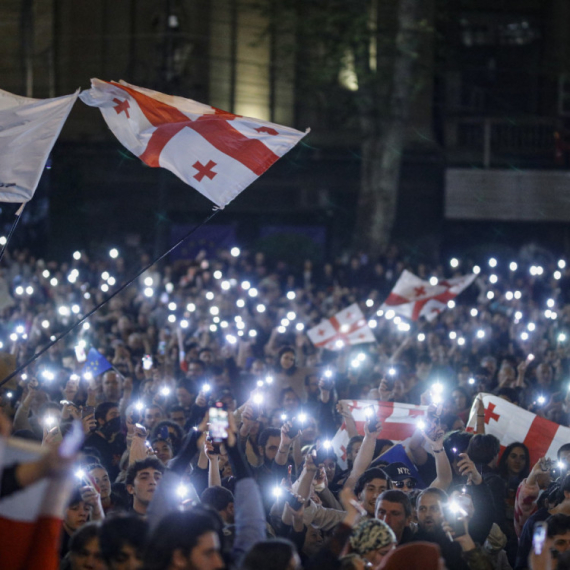

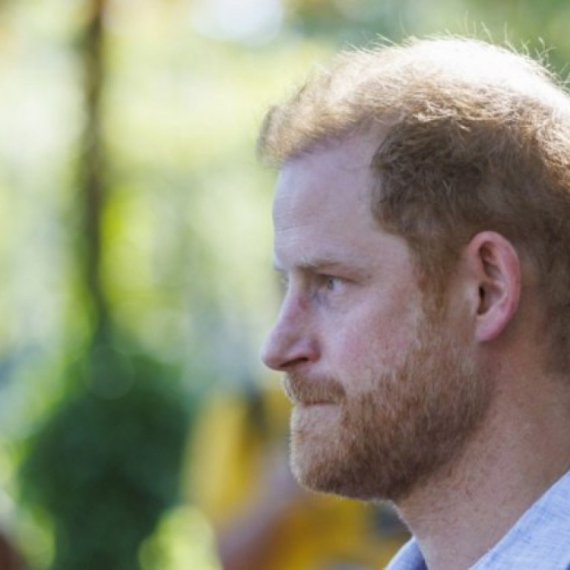






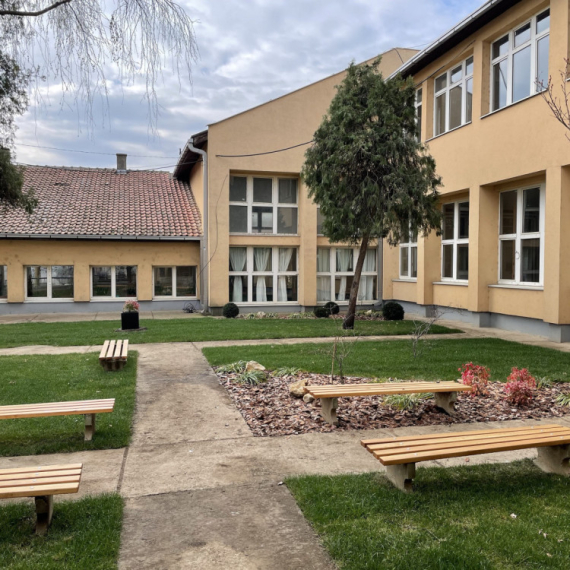











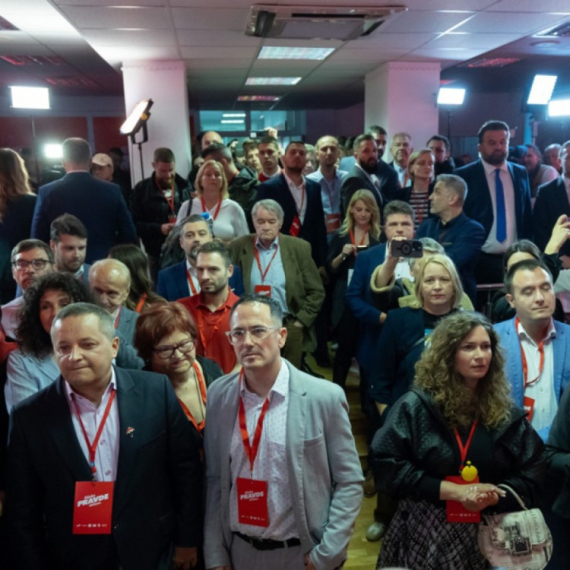

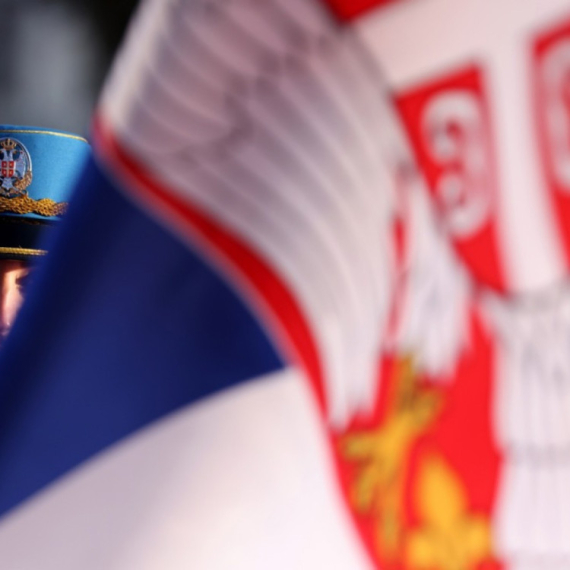

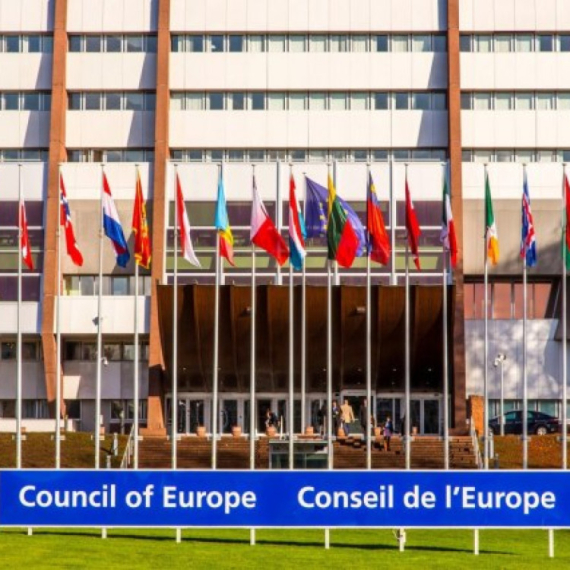


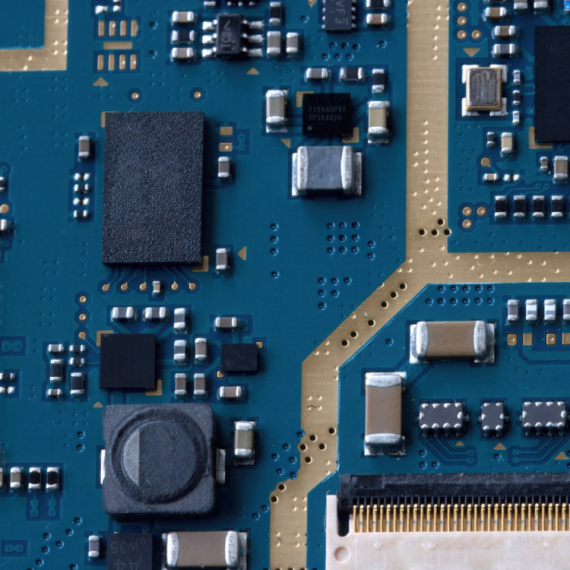
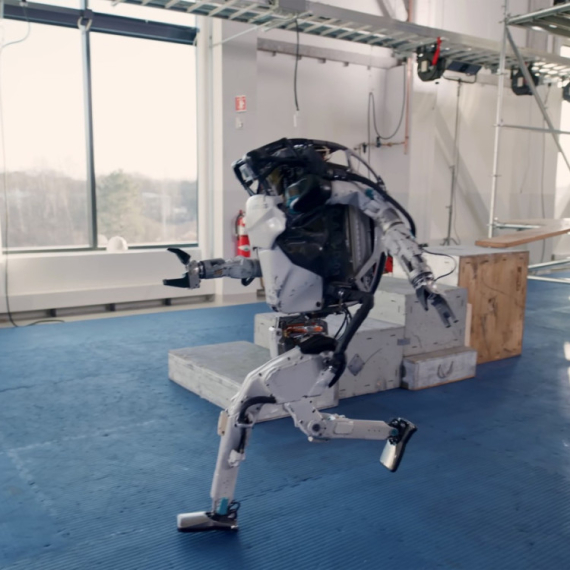




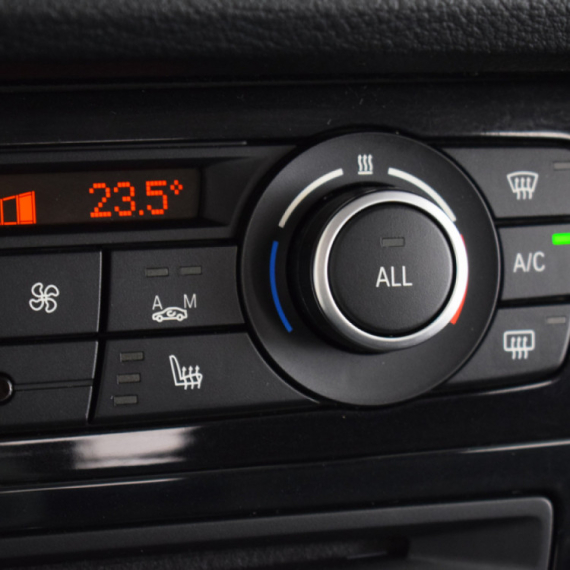
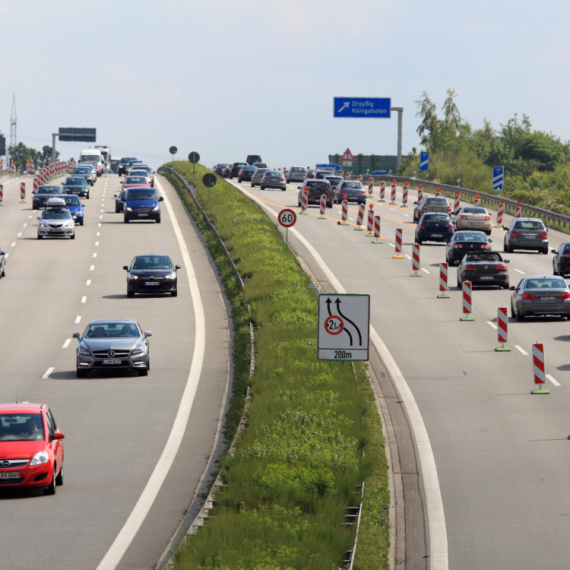
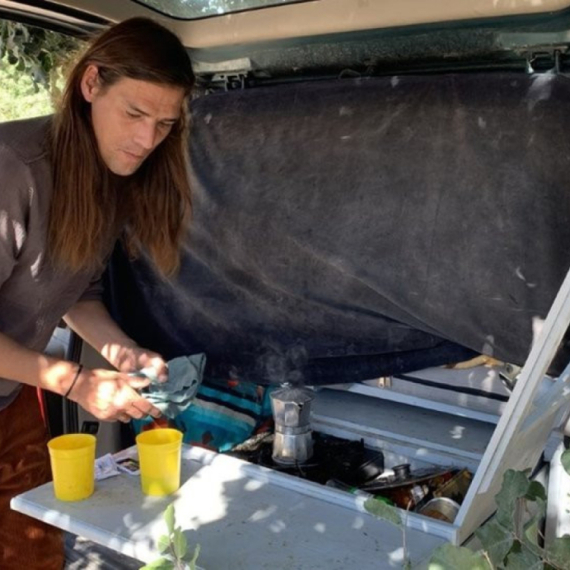
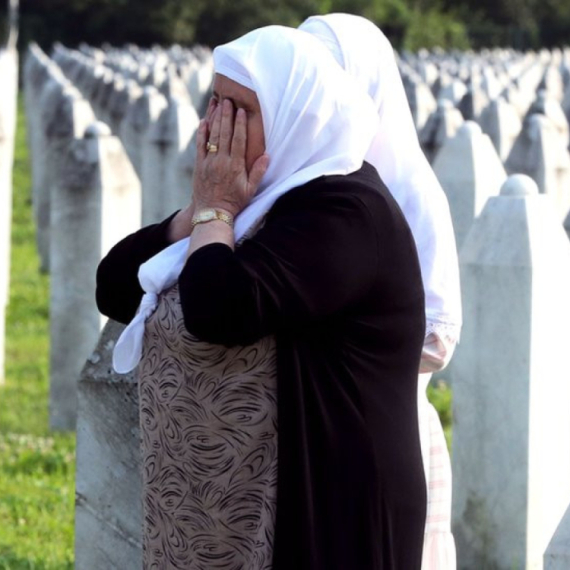
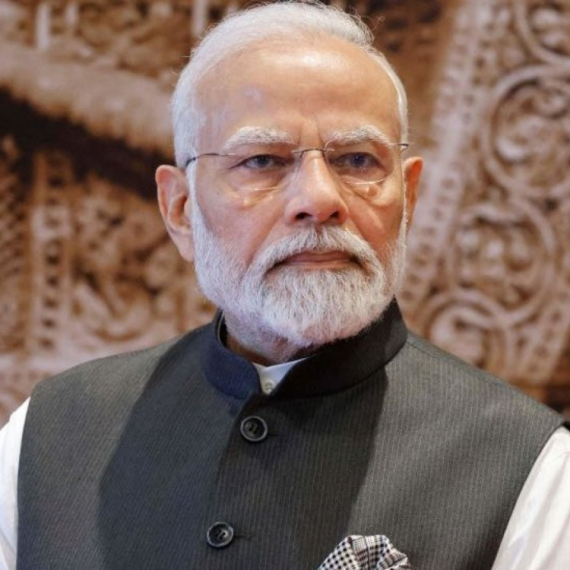
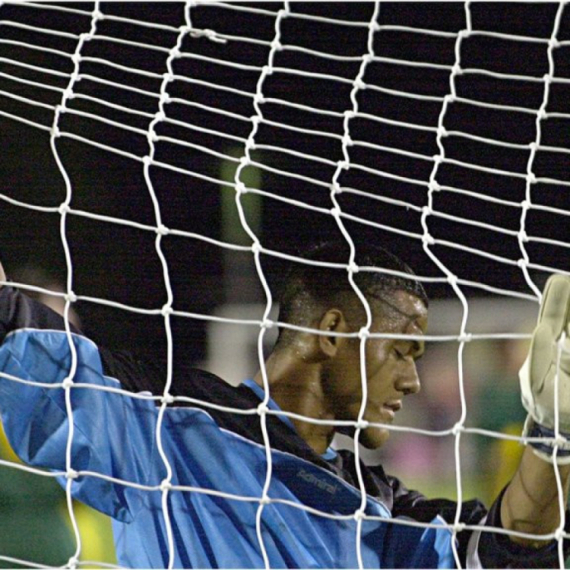
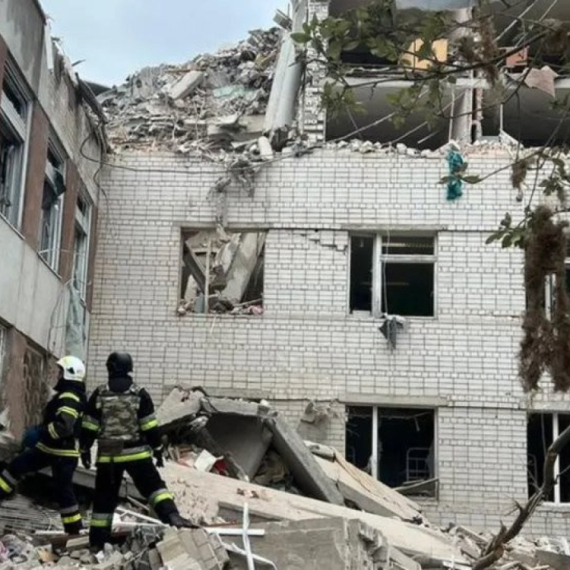

Komentari 1
Pogledaj komentare